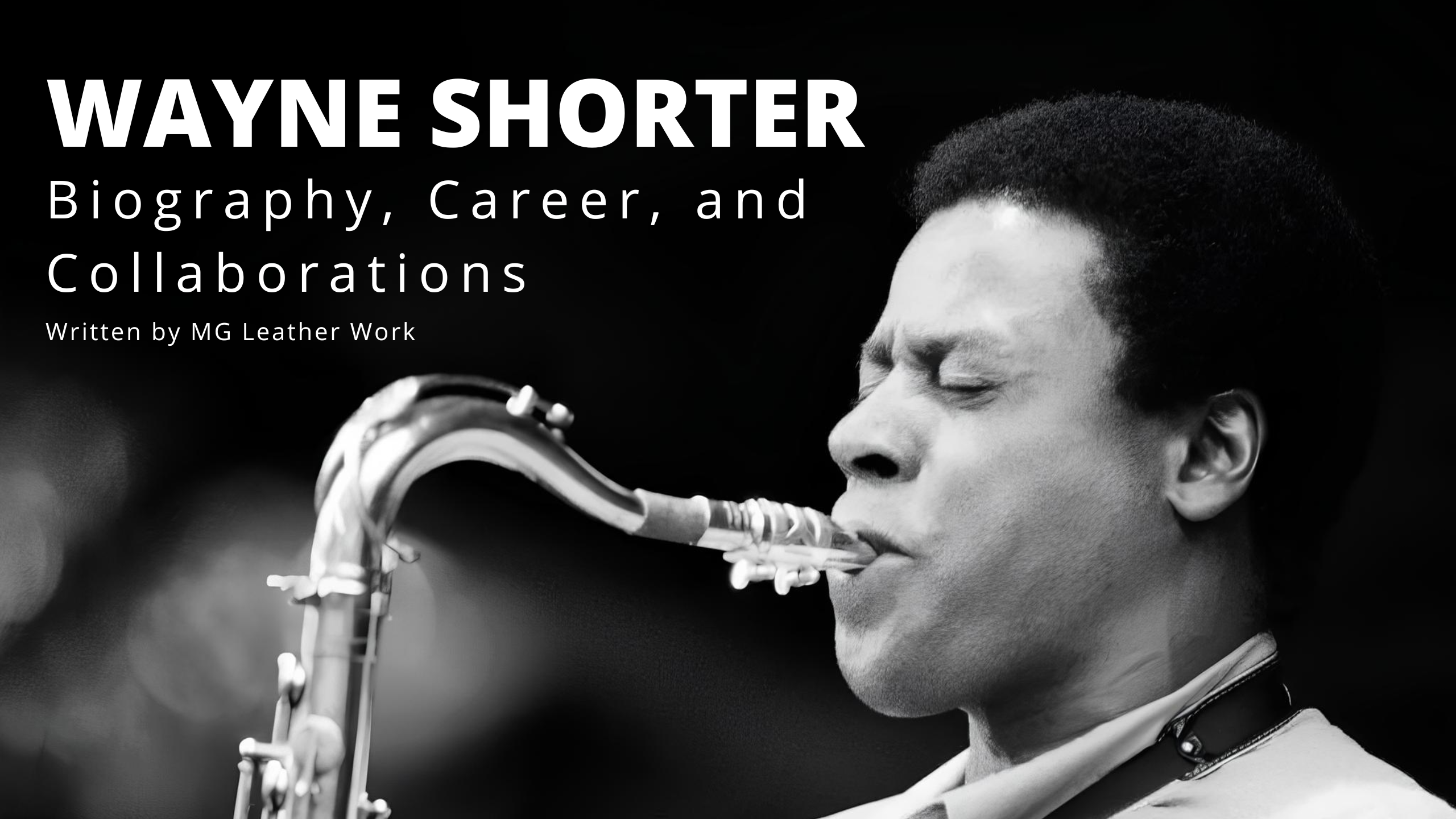
Wayne Shorter: A Saxophonist who Shaped Jazz
Wayne Shorter is a well-known jazz musician, who played tenor and soprano saxophones with many famous bands and artists, showcased his great skills as a bandleader and successfully recorded several solo albums. Many of his songs became jazz standards that received positive reviews from critics. In this article, we will explore Wayne Shorter’s pivotal moments of life and career, his collaborations and contribution to jazz.

Wayne Shorter’s Early Life
Born in Newark, from early years Wayne was interested in science fiction, comic books and music. His parents supported him in his musical attempts. At the age of 16, he started playing the clarinet, and later he also started to master the tenor saxophone. While studying in high school he played with a local band. After graduating from New York University, where he enriched his musical knowledge, Wayne spent two years in the U.S. Army. During that time, he collaborated with an American jazz pianist Horace Silver.

Wayne Shorter’s Career and Collaborations
Widespread recognition came to him after joining the well-known band, Jazz Messengers. He started playing with them in 1959 and spent four years as their musical director and composer. They successfully recorded albums and toured the globe, playing concerts in the USA, Europe and Japan. This period was the time when Wayne revealed his potential as a talented and very promising saxophonist, who gained a world recognition at his young age.
During 1964-1970, Wayne Shorter collaborated with another great band of his time – the Miles Davis Quintet. Davis called Wayne a master for his work in the band, where Shorter wrote scores for every band member. As Miles said, Wayne helped them to look at music with curiosity within musical rules, however, Wayne also could break those rules if necessary.

During his collaboration with Miles Davis Quintet, Wayne revealed his potential as a composer, as in this band Shorter was given the freedom to explore the emotional and technical aspects of his music.

Even when the quintet broke up, Wayne continued to work with Davis. Together, in 1969, they recorded two studio albums – In a Silent Way and Bitches Brew, featuring early jazz fusion vibe. During this productive collaboration with Miles, Wayne mostly played a tenor saxophone, however since 1969, he began incorporating the soprano saxophone, including his work for In a Silent Way. He recorded and played live with Miles until 1970, using both instruments. And since the early 1970s he mostly played the soprano saxophone.

Wayne Shorter’s Solo Recordings
Shorter successfully combined his work for Miles Davis and creating his own compositions. Wayne recorded several albums for American jazz label, Blue Note Records. He brought his music to life by collaborating with various musicians and bands, including Freddie Hubbard, Lee Morgan, McCoy Tyner, Elvin Jones and more. From 1964 to 1970 Shorter recorded 11 albums for Blue Note Records. In addition to his solo activity, Wayne also recorded as a sideman for the same label with the jazz greats such as Donald Byrd, McCoy Tyner, Grachan Moncur III, and more.

In 1970, Wayne established himself as a bandleader, by co-founding the jazz fusion band Weather Report together with keyboardist Joe Zawinul and bassist Miroslav Vitouš. The band became known for their repertoire blending bebop, funk, ethnic music and Latin jazz. During the late 1970s and the early 1980s, Wayne toured with V.S.O.P. quintet, which was a revival of the 1960s Davis quintet.

During his late career, after he left Weather Report, Shorter continued to develop himself as a bandleader, collaborating and recording with various jazz fusion bands. He also appeared on Don Henley’s third solo studio album in 1989, where he played the sax solo in the song The End of the Innocence. He also recorded a tribute album with Herbie Hancock, Ron Carter, Tony Williams and Wallace Roney to honor Miles Davis’s memory after his death.

There was a break of seven years between his solo recordings, before he released High Life in 1995. In 2000, he founded a quartet where he played his own compositions, including the ones written in the 1960s. The quartet received many positive reviews, especially for Shorter’s masterful performance on a tenor saxophone.

In 2003, after the break of 10 years, he recorded another solo album, Alegría, which received Grammy Award in 2004 as the best jazz instrumental album.
In 2016, he toured with Carlos Santana and Herbie Hancock under the name Mega Nova. Wayne retired in 2018 after spending more than 70 years as a performing musician. After his retirement he continued to work as a composer until his death. Shorter died at the age of 89, in Los Angeles.

Wayne Shorter’s Awards
In addition to his masterful playing the tenor saxophone, Wayne was known as a skillful soprano saxophonist. American music magazine about jazz and blues, DownBeat, arranged a readers poll, where during the 1970s Wayne remained the top poll-winner. Many critics consider him the best composer for small groups and the greatest improviser.
Wayne was honored with many awards for his contribution to music, including Lifetime Achievement Award from the Herbie Hancock Institute of Jazz, the Guggenheim Fellowship grant for his composing skills, Grammy Lifetime Achievement Award for his great contributions to culture and history. In 2017, Wayne Shorter also received Swedish international award Polar Music Prize for his exceptional achievements and exploration without which modern music wouldn’t be what it is today.

Final Word
Wayne Shorter entered the history of jazz as a skillful saxophonist, a composer with a unique style, and a talented bandleader. He had the honor to collaborate with talented jazz figures that helped him reveal his own potential. Throughout his career Wayne Shorter received the highest awards in jazz and numerous Grammys.

As it was mentioned in the article, Wayne Shorter played tenor and soprano saxophones. At our website, you can buy many saxophone accessories for these specific instruments, including leather gig bags, single, double and triple mouthpiece pouches, neck pouches, straps and other essentials.
Would you like to read one more article about a famous saxophone player? Then check out our article about Charlie Parker.
Are you looking for a valuable and thoughtful gift for a friend saxophonist? Our top 5 gift ideas for saxophonists might help you.




 https://mgleatherwork.com/pages/about-us
https://mgleatherwork.com/pages/about-us
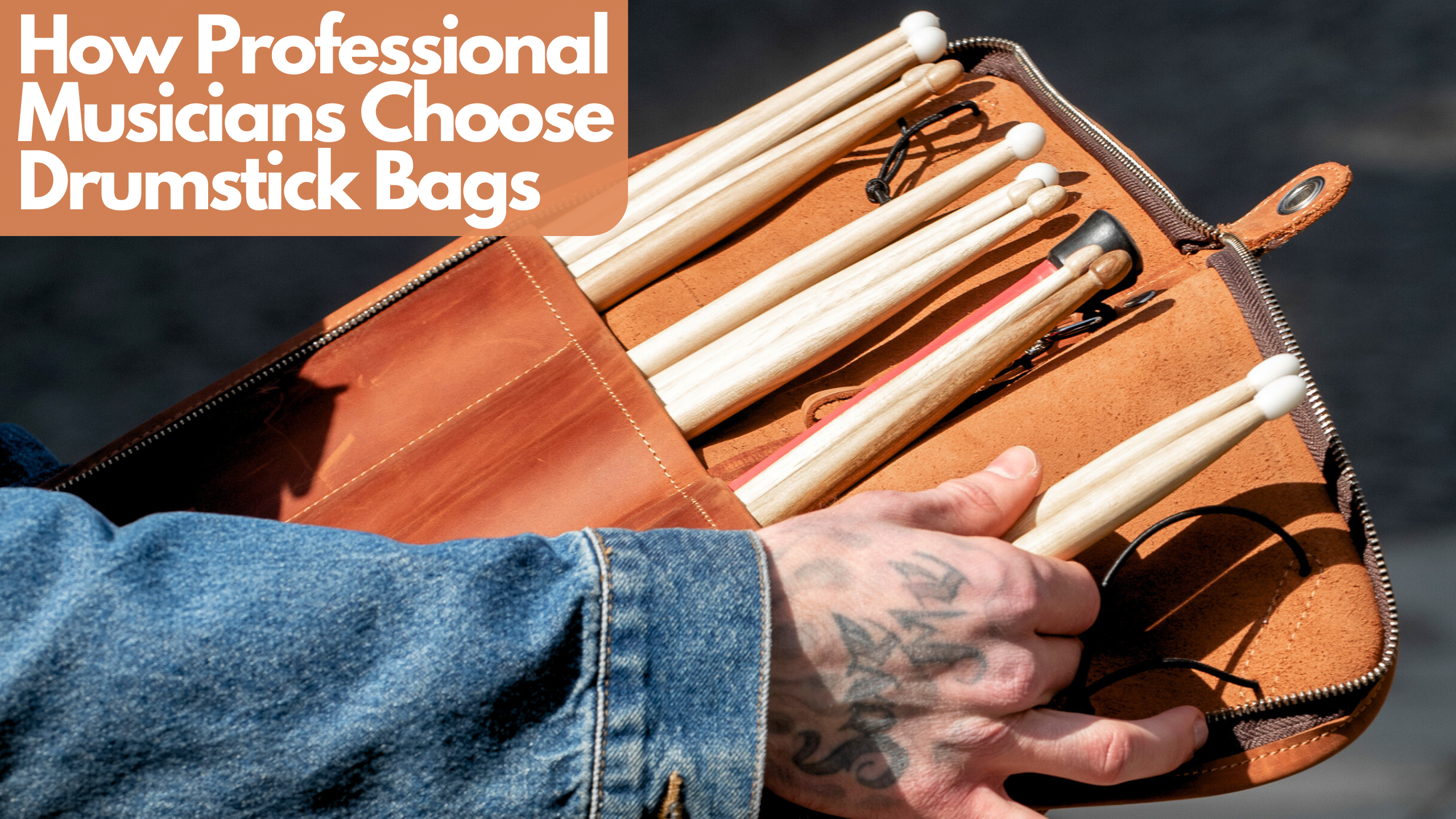
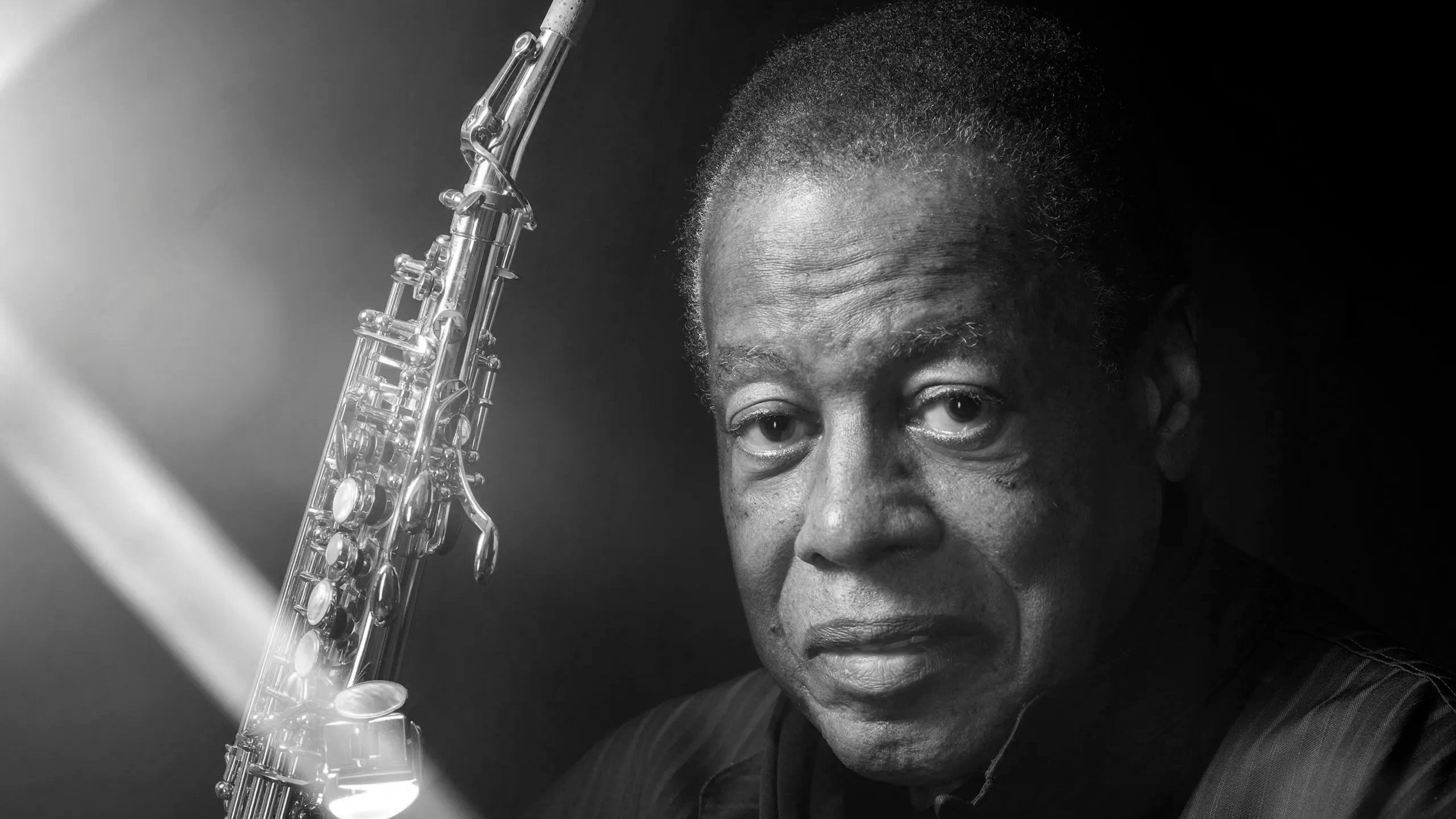
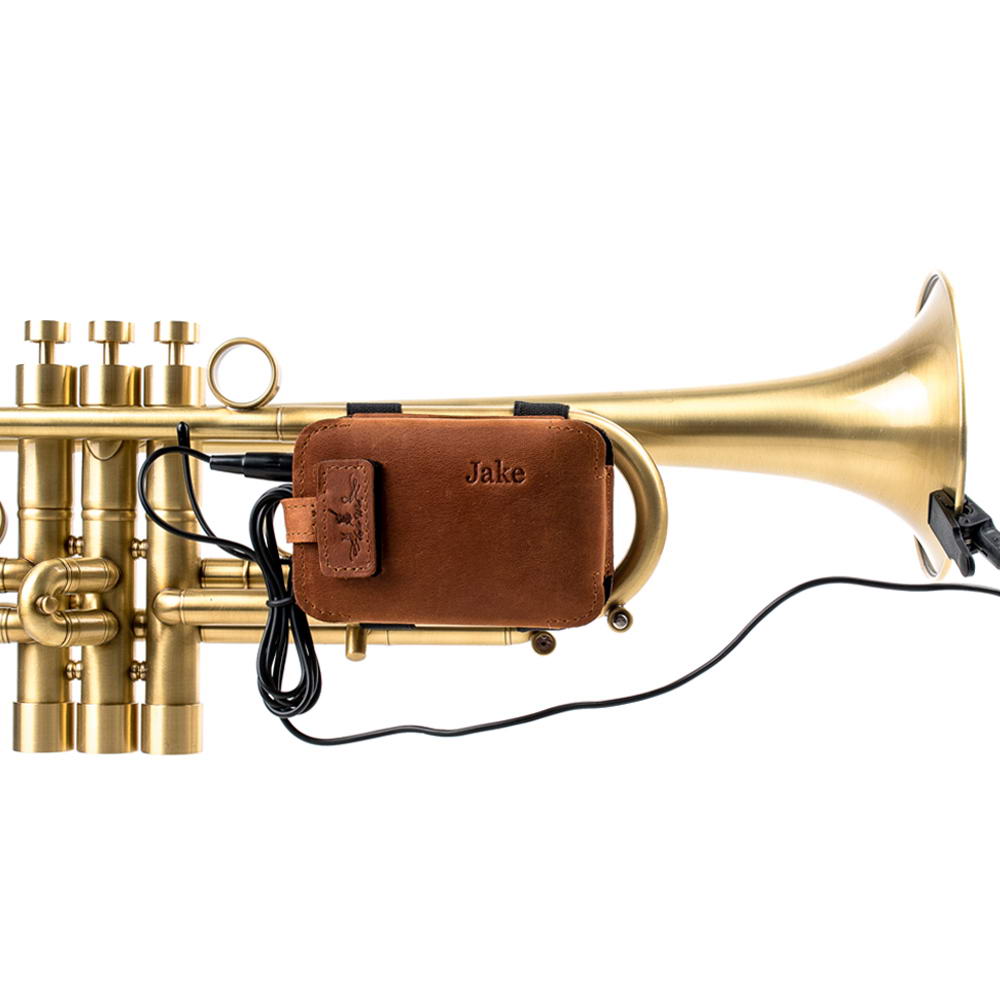
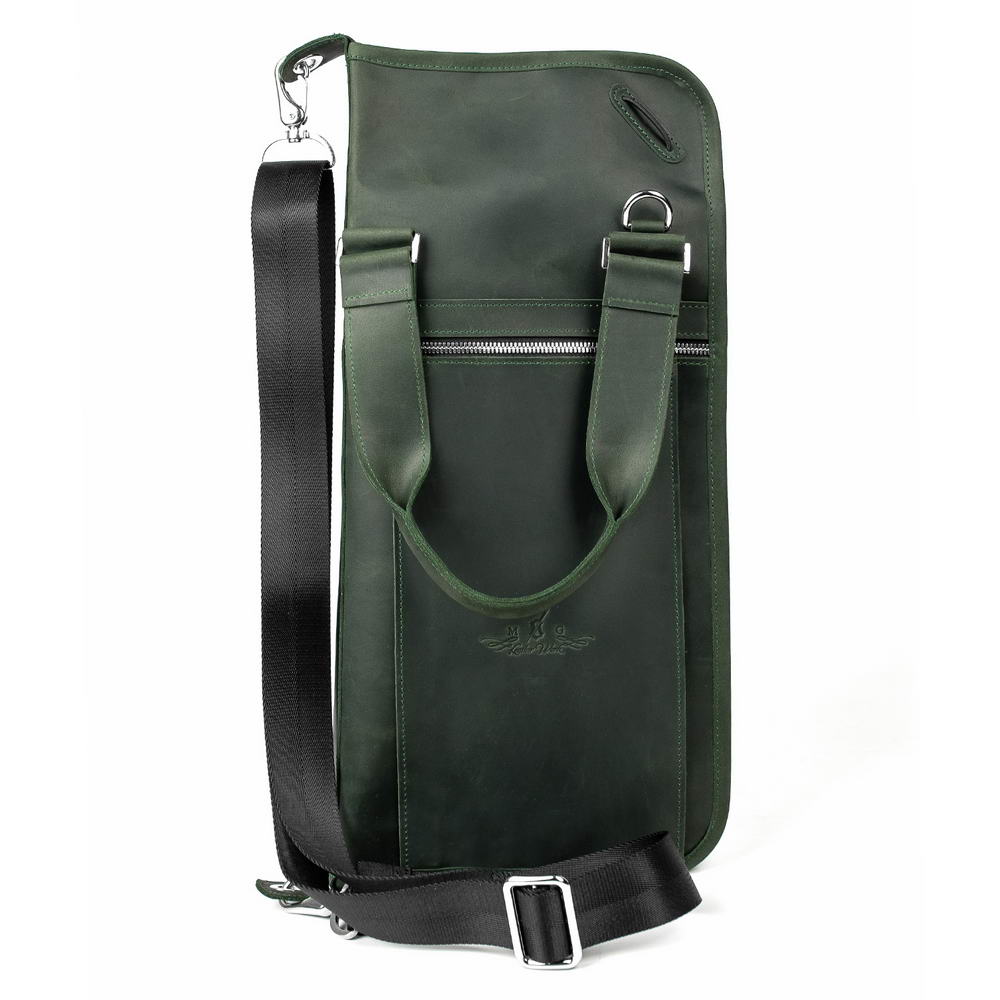
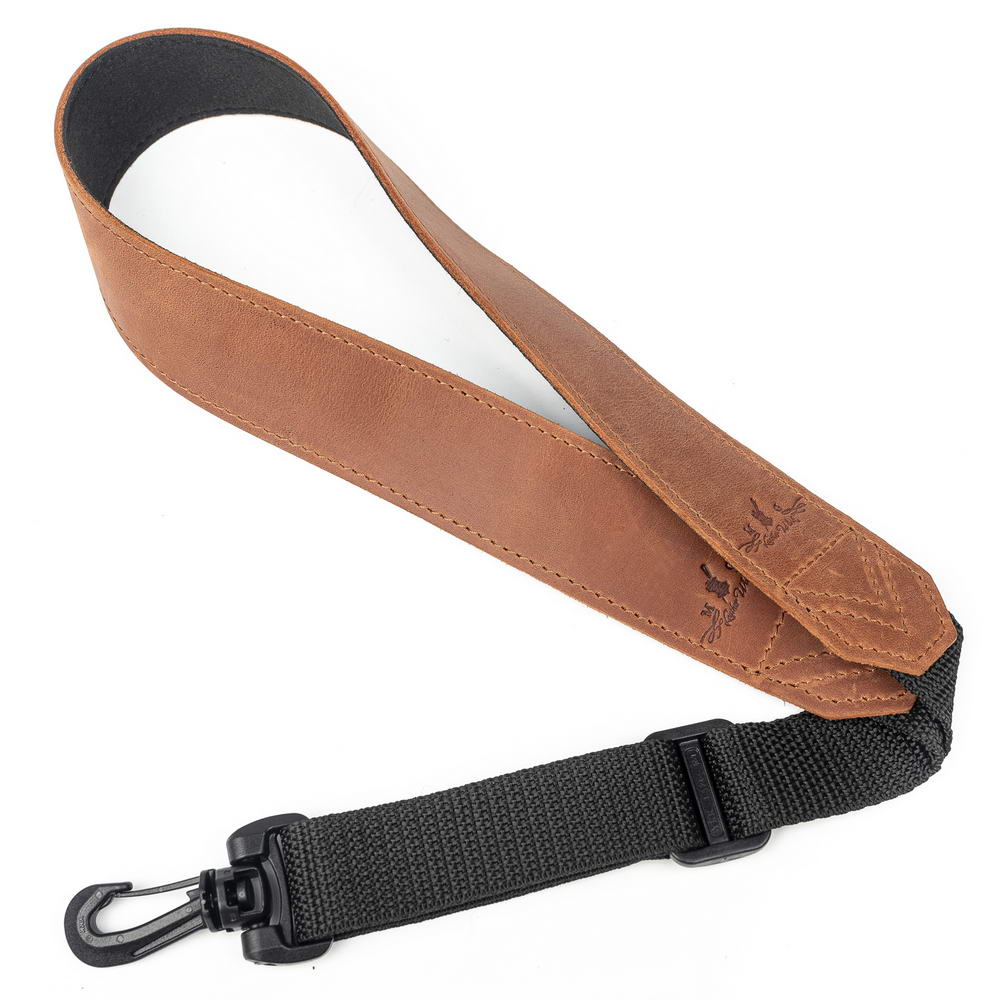
Leave a comment
This site is protected by hCaptcha and the hCaptcha Privacy Policy and Terms of Service apply.